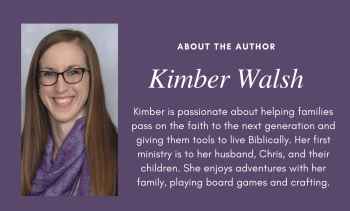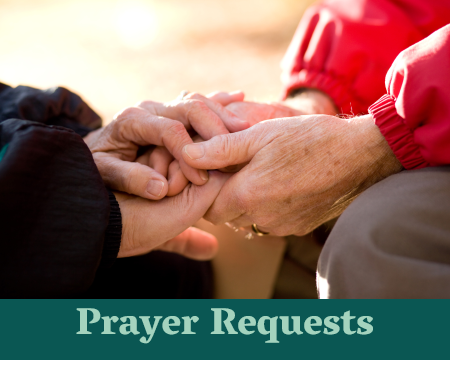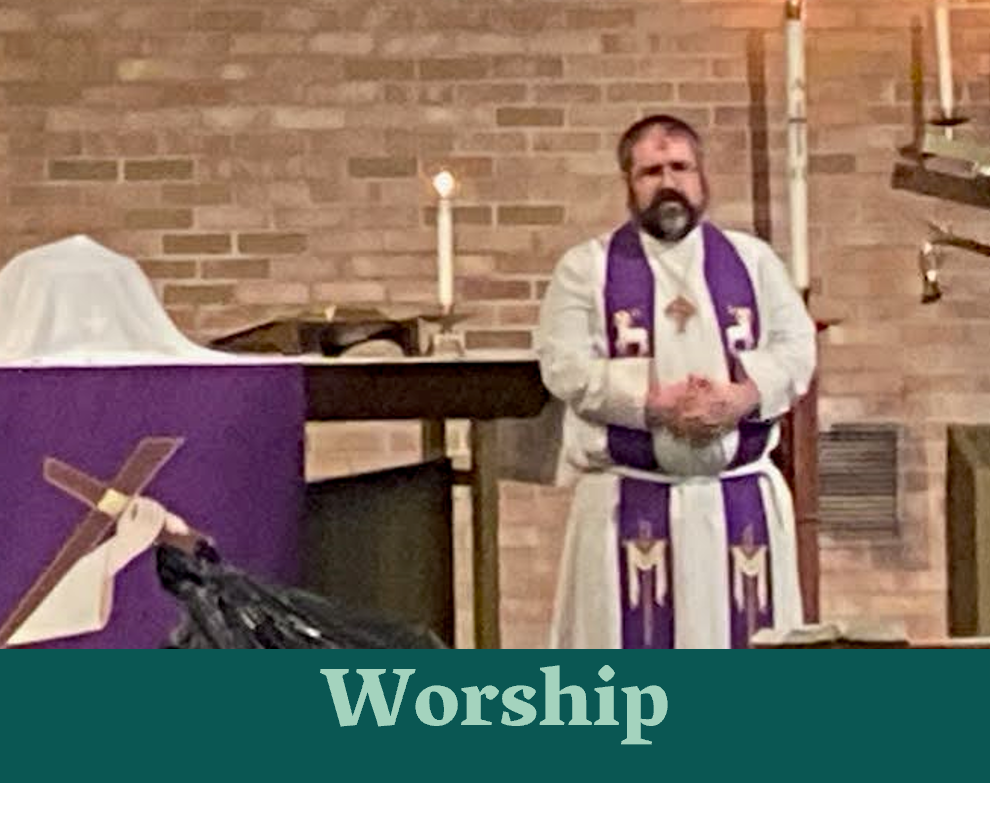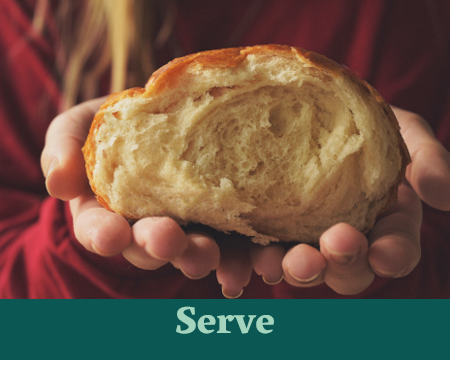
Asking Good Questions

Do you ever feel like when you ask your granddaughter or grandson a question you get a “yep” or “nope” and nothing else? Do you ever wish they would engage a little more so you could really learn about what they like and what’s going on with them?
Ask questions so your grands will answer:
Think About Your Why
Why do you want to know what you’re asking about? Your reasons may include learning information about how they spend their time or what they’re interested in, trying to get a better understanding of them or their interests, or building the relationship and connecting with them on a personal level. Knowing your ‘why’ before you ask a question can help you better formulate the question in a way that will help you get that kind of response.

Ask Open-Ended Questions
Asking questions that provide no options for how the other person can respond is a closed question. For example, something like ‘did you have a nice time?’ would only allow a ‘yes’ or ‘no’ response. But if you ask a question like ‘how was your time there?’ it allows for the other person to say the nice things and the ‘not nice’ things if they’d like to. If they say ‘it was nice’ or ‘we had fun’ or the dreaded, ‘it was fine’ it might be time to ask the question a little differently—‘what was nice about it?’ ‘what was your favorite thing to do there?’ ‘what did you learn?’
Open-ended questions don’t simply allow for bigger conversations now, but they can also allow you to follow up from previous conversations as well as provide fodder for your next conversation. (If you struggle to remember, simply jot down some notes. No shame in showing you have a vested interest in their life and care enough to remember details.)
Be Mindful of How Much You Are Steering
Sometimes the way we ask open-ended questions is still steering the conversation. By asking about feelings, reactions, causes, motives, actions, or systems you are steering what they need to answer, thus making it no longer an open-ended question. In a truly open-ended question, the other person needs to have the opportunity to share about whatever they want on the subject. Let the conversation flow. That doesn’t mean it’s never appropriate to ask these types of questions, but they do create a sense that you are steering what is being talked about so others may not always be as eager to answer.
Ask About Real Issues in the World and Their Lives
If you don’t want surface answers about the weather and other small talk type topics, don’t ask about small talk sorts of things. Ask about the real stuff sometimes but understand that not every conversation has to be about the deep and meaningful. Note: Changing the subject usually takes the conversation more towards the surface rather than deeper.
Don’t only gage the nature of your topic choices by how mature they ‘seem’ to you. Your grands are experiencing so much of what the world is putting out there and they might need a mature and Godly voice to help them process their thoughts on things they’ve seen online or heard on the news. This is especially true for teenagers. I’d highly recommend subscribing to the free Culture Translator on Axis to help you keep abreast of all that’s going on and to get conversation starters on pop culture for teens.

Make a Safe Space
Listen well. Don’t interrupt. Don’t listen only to the extent to plan your response or formulate your next question. Don’t hijack the conversation sharing personal experiences as soon as they’ve shared their response. Appreciate quieter personalities and comfort levels. Don’t let fear or insecurity replace curiosity in your conversations. Ensure that your grandson or granddaughter does not feel judged, demeaned, ‘caught’ to get into trouble, or even just weird because of what they share. If they do, they will not be likely to share again or at least not as freely.
Keep in mind that sometimes conversations that happen during side-by-side activities, rather than face-to-face, are more natural and less intense. (e.g., in the car, while baking cookies, while sorting or cleaning, etc.)
We could all get a little bit better about asking questions to each other and learning to be better conversationalists. So, what are your tips? What helps you ask good questions of your grandchildren?






Comments
Login/Register to leave a comment